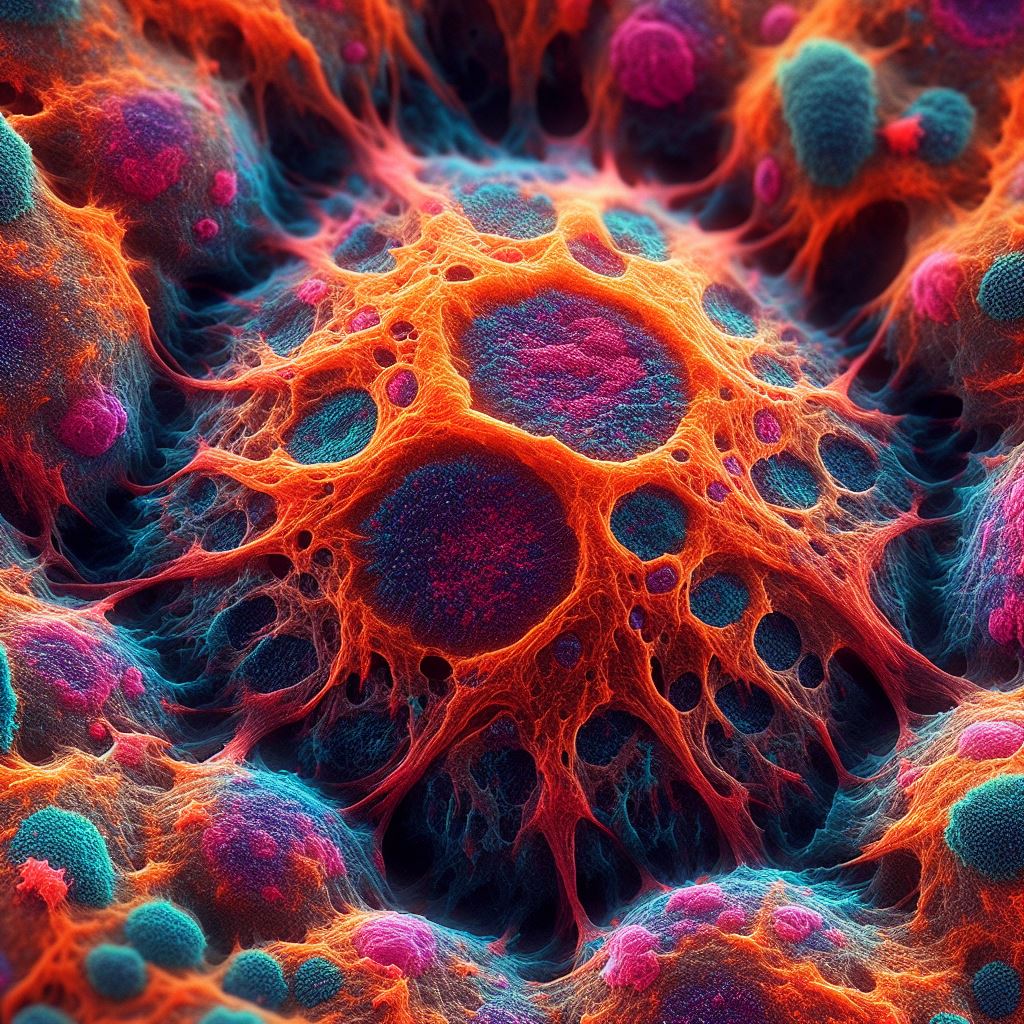By taking certain clues from the disease, researchers at Northwestern Medicine and the University of California, San Francisco (UCSF) may have discovered a way around the restrictions placed on modified T cells.
Through examining mutations in lymphoma-causing malignant T cells, scientists identified one that gave modified T cells extraordinary power. When this rare mutation’s gene was inserted into healthy human T cells, the result was an increase in the cancer-killing ability of over 100 times without any indication that the cells might eventually become hazardous.
Current immunotherapies are limited to treating malignancies of the bone marrow and blood; however, Northwestern and UCSF-engineered T cells are effective in eliminating tumours originating from the stomach, lung, and skin in animals. The group has already started preparing to test this novel strategy on humans.
We used nature’s roadmap to make better T cell therapies.
The superpower that makes cancer cells so strong can be transferred into T cell therapies to make them powerful enough to eliminate what were once incurable cancers.
Dr. Jaehyuk Choi, an associate professor of dermatology and of biochemistry and molecular genetics at Northwestern University Feinberg School of Medicine.
Mutations underlying the resilience and adaptability of cancer cells can super-charge T cells to survive and thrive in the harsh conditions that tumors create.
Kole Roybal, associate professor of microbiology and immunology at UCSF, center director for the Parker Institute for Cancer Immunotherapy Center
Most malignancies have proven challenging to treat with effective immunotherapies because the tumour generates an environment where resources like oxygen and nutrients are redirected for its own advantage. Tumours frequently trick the immune system into protecting the malignancy rather than fighting it.
This compromises the efficacy of modified T cells employed in immunotherapies, which rapidly exhaust the tumour’s defences, in addition to making it more difficult for normal T cells to target cancer cells.
For cell-based treatments to work under these conditions.
we need to give healthy T cells abilities that are beyond what they can naturally achieve.
Kole Roybal
After screening 71 mutations detected in T cell lymphoma patients, the Northwestern and UCSF researchers determined which ones would improve tailored T cell therapy in animal tumour models. They eventually found one that was both strong and non-toxic, and they put it through a thorough battery of safety testing.
Also Read| Chi-square Test – Formula and Applications
Our discoveries empower T cells to kill multiple cancer types.
This approach performs better than anything we’ve seen before.
T cells have the potential to offer cures to people who are heavily pretreated and have a poor prognosis.
Cell therapies are living drugs, because they live and grow inside the patient and can provide long-term immunity against cancer.
Choi, a member of the Robert H. Lurie Comprehensive Cancer Center of Northwestern University
To fully realise the potential of their ground-breaking method, Roybal and Choi are establishing a new business called Moonlight Bio in association with Venrock and the Parker Institute for Cancer Immunotherapy. They are working on a cancer treatment right now, and in a few years, they want to start testing it on humans.
Also Read| Research: Pain in the brain can be relieved by focused ultrasound
We see this as the starting point.
There’s so much to learn from nature about how we can enhance these cells and tailor them to different types of diseases.
Kole Roybal
Source: Northwestern Now
Journal Reference: Garcia, Julie, et al. “Naturally Occurring T Cell Mutations Enhance Engineered T Cell Therapies.” Nature, 2024, pp. 1-9, https://doi.org/10.1038/s41586-024-07018-7.
Last Update





